Tissue Engineering of Cartilage and Bone
Tissue engineering takes advantages of the combined use of cultured living cells and three-dimensional scaffolds to reconstruct adult tissues that are absent or malfunctioning. This book brings together scientists and clinicians working on a variety of approaches for regenerating of damaged or lost cartilage and bone to assess the progress of this dynamic field. In its early days, tissue engineering was driven by material scientists who designed novel bio-resorbable scaffolds on which to seed cells and grow tissues. This ground-breaking work generated high expectations, but there have been significant stumbling blocks holding back the widespread use of these techniques in the clinic. These challenges, and potential ways of overcoming them, are given thorough coverage in the discussions that follow each chapter. The key questions addressed in this book include the following. How good must cartilage repair be for it to be worthwhile? What is the best source of cells for tissue engineering of both bone and cartilage? Which are the most effective cell scaffolds? What are the best preclinical models for these technologies? And when it comes to clinical trials, what sort of outcome measures should be used? With contributions from some of the leading experts in this field, this timely publication will prove essential reading for anyone with an interest in the field of tissue engineering.
{{comment.content}}
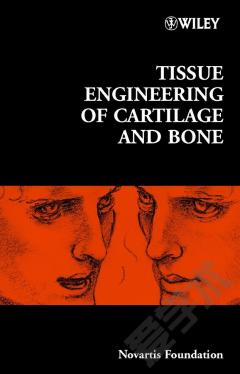


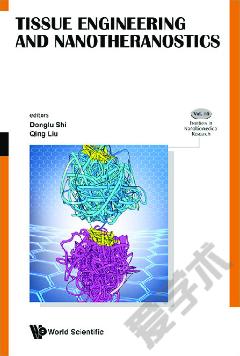
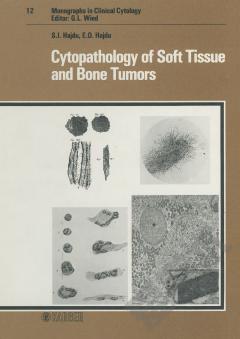
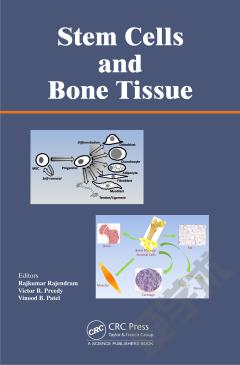
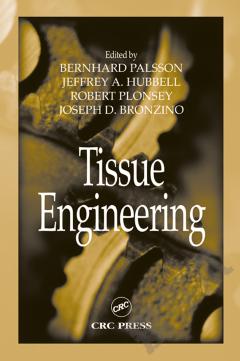

 京公网安备 11010802027623号
京公网安备 11010802027623号